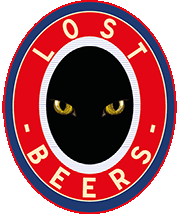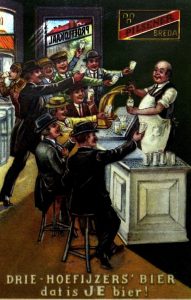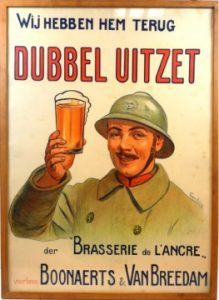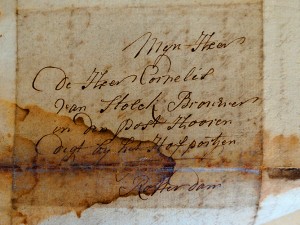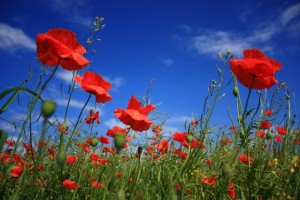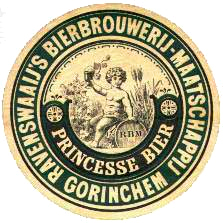The original 17th century Tripel Karmeliet recipe
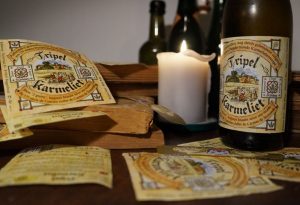 Tripel Karmeliet is one of Belgium’s most famous beers. It has received multiple international awards and rightly is considered a modern classic. And according to the label it is brewed ‘according to a 17th century recipe from the Carmelite monastery in Dendermonde’. Which of course made me wonder: what recipe? Or: why real Carmelites are not allowed to brew this anymore. (more…)
Tripel Karmeliet is one of Belgium’s most famous beers. It has received multiple international awards and rightly is considered a modern classic. And according to the label it is brewed ‘according to a 17th century recipe from the Carmelite monastery in Dendermonde’. Which of course made me wonder: what recipe? Or: why real Carmelites are not allowed to brew this anymore. (more…)
